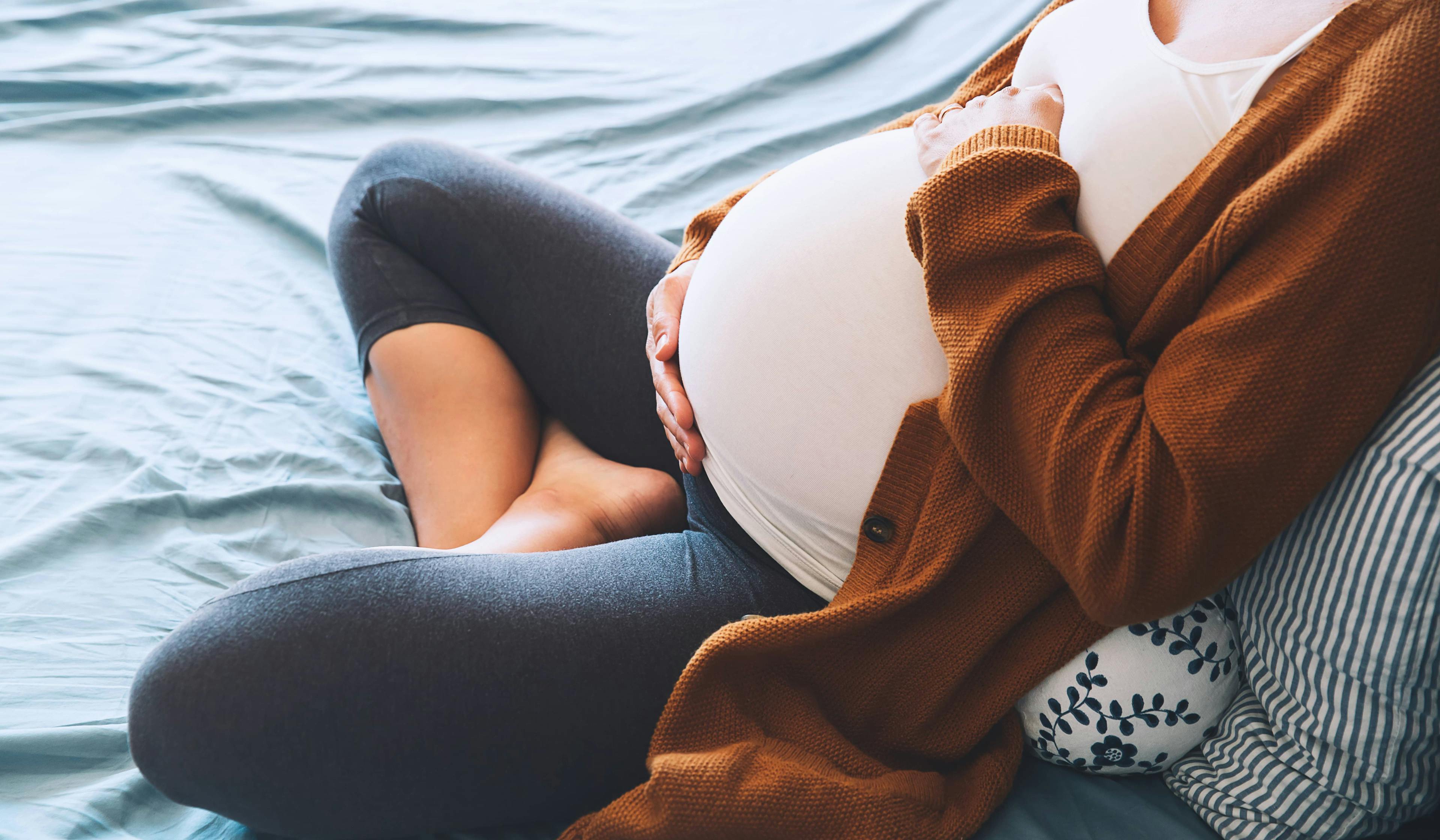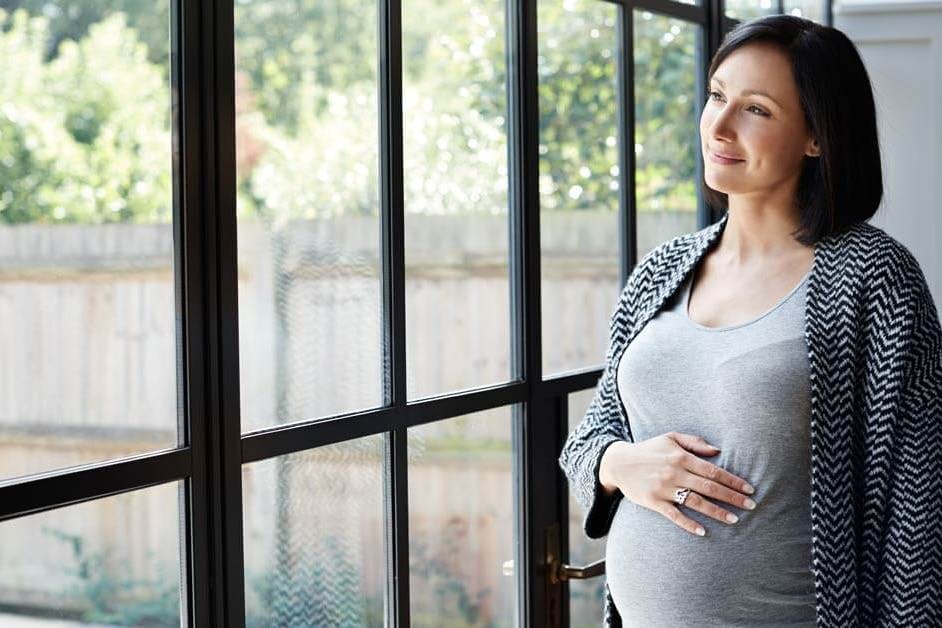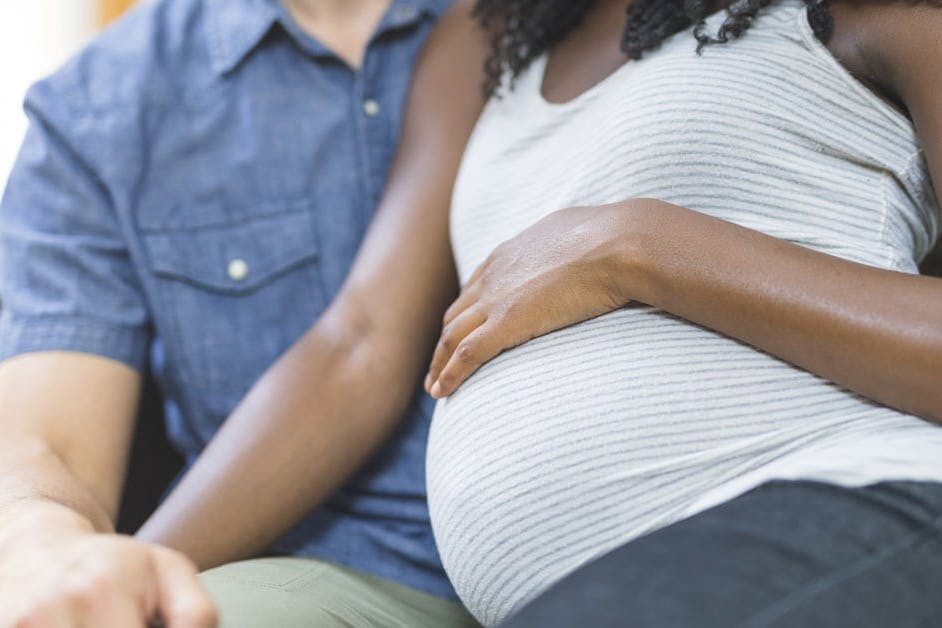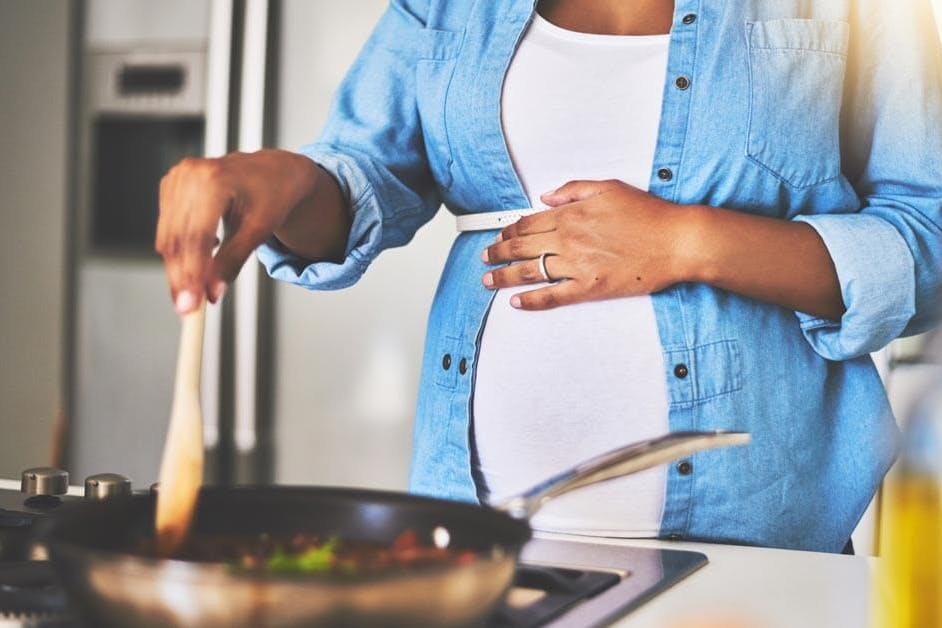Natural Ways to Treat Iron Deficiency Anemia During Pregnancy
Iron deficiency anemia during pregnancy can put you at risk. Protect baby and mom by quickly replenishing iron levels with IV therapy.

During pregnancy, you’re not just eating for two. You are also creating blood for two. And just like your appetite grows, your body’s blood volume increases by anywhere from 30–50%. This a completely normal, natural, and necessary occurrence. However, it can also put you at risk for iron deficiency anemia during pregnancy.
Anyone can suffer from iron deficiency anemia. It is caused when the body doesn’t have enough iron to make hemoglobin. Hemoglobin is an essential protein found within your red blood cells and is responsible for transporting oxygen throughout your body.
In addition to the increased blood, one of the reasons iron deficiency during pregnancy is so common is that the typical diet doesn’t include enough iron. So a large portion of women suffers from iron deficiency before they even get pregnant.
Iron Deficiency Anemia Symptoms

There are a variety of common iron deficiency symptoms, some of which you may not even be aware.
It’s common to suffer from mild iron deficiency anemia in pregnancy. Mild and even severe deficiencies can often go undiagnosed because many of the symptoms are also common symptoms of pregnancy. These include:
- Extreme fatigue
- Weakness
- Pale skin
- Chest pain
- Rapid heartbeat
- Shortness of breath
- Headache
- Dizziness
- Lightheadedness
- Cold hands and feet
- Inflammation or soreness of your tongue
- Brittle nails
- Unusual cravings for non-nutritive substances (these could include ice and dirt)
- Poor appetite
Risks of Iron Deficiency Anemia During Pregnancy

While it can be scary to consider, it's important to understand the risks
If left untreated, iron deficiency anemia can pose serious risks to you and your baby, such as:
- Preterm birth
- Low-birth-weight for your baby
- Needing a blood transfusion (this is particularly an issue if you lose too much weight during birth)
- Postpartum depression
- A baby with anemia
- A child with developmental delays
3 Natural Ways to Treat Iron Deficiency Anemia

Filling your diet with hearty iron-rich foods is one of the ways to treat iron deficiency anemia during pregnancy.
1. Take Prenatal Vitamins
A minor iron deficiency is fairly common among most women — even those who aren’t expecting. In order to start optimizing your iron levels, it’s strongly recommended for most women to begin taking prenatal vitamins as soon as you start trying to get pregnant. In addition to a variety of key nutrients and minerals your body needs to grow a healthy baby, prenatal are rich in iron.
2. Eat an Iron-Rich Diet
While diet alone is unlikely to provide all the iron needed during pregnancy, an iron-rich diet can significantly increase your levels. As much as possible, incorporate foods high in iron into your daily meals. Foods high in iron include:
- Shellfish (particularly clams, oysters, and mussels)
- Spinach
- Organ Meats (particularly liver, kidneys, and heart)
- Legumes (particularly beans, lentils, chickpeas, peas, and soybeans)
- Red Meat
- Pumpkin Seeds
- Quinoa
- Turkey (particularly the dark meat)
- Broccoli
- Tofu
3. Get an IV Injection
Both vitamin supplements and an iron-heavy diet can significantly improve your iron levels. However, as licensed nutritionist Monica Reinagel explains in her article “How Much Nutrition Do You Absorb from Food?”:
There are, in fact, lots of things that influence what percentage of vitamins and minerals are absorbed, such as the other foods you eat at the same meal, how they are prepared, drugs or supplements you may be taking, even your age and the time of day. Taking all of these into account, you might absorb anywhere from 10 to 90% of a given nutrient from a given food!
Generally, absorption rates are closer to 20 percent. This means even if you load your diet with iron, you’re likely not getting enough. On the other hand, IV injections during pregnancy allow your body to absorb nearly 100 percent of the iron being administered.
Because IV injections deliver key nutrients and minerals directly into your bloodstream, you’re able to bypass the digestive system. In doing so, you let your body quickly and easily being utilizing the iron it so desperately needs.
A research team looked at the effectiveness of intravenous iron therapy to address moderate to severe anemia in pregnancy (Kriplani, Mahey, Dash, Kulshreshta, Agarwal, and Bhatla 2013). Their study administered twice-weekly iron supplements by drip IV to 100 pregnant women suffering from varying degrees of anemia. The results showed a significant rise in iron levels and an overall improvement among the women.
Furthermore, another study conducted in 2012 by researchers (Shafi, Purandare, and Sathe) compared the effectiveness of oral iron supplements and IV drip treatments. It revealed that patients who received IV drip treatments saw a much higher hemoglobin baseline than those who took oral supplements.
How IV Drip Therapy Benefits Pregnancy
In addition to helping restore your body’s optimal iron levels, IV therapy during pregnancy can offer a multitude of benefits.
One of the most common issues pregnant women face is morning sickness. Mild to severe issues with morning sickness can lead to dehydration and malnutrition — which can put both mom and baby at risk.
At Premier Integrative, we work with each patient individually to create a special drip IV cocktail to meet their needs. These IV therapy cocktails are generally a rich combination of rehydrating fluids, minerals, and vitamins specially selected to help correct any deficiencies you may face.
The minerals included can include, but are not limited to:
- Iron
- Vitamin C
- Glutathione
- Vitamin B
- Magnesium
- Calcium
- Electrolytes



